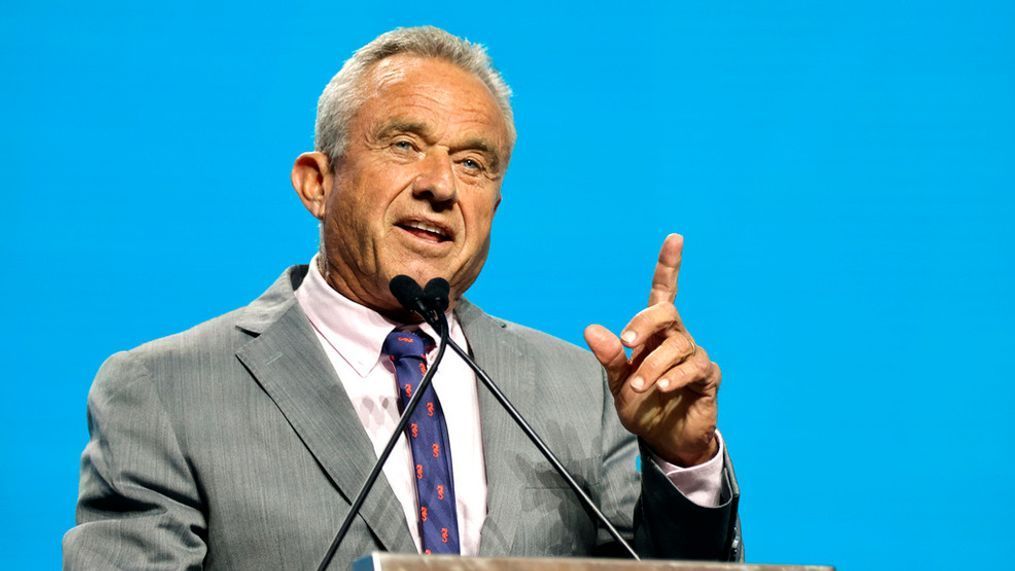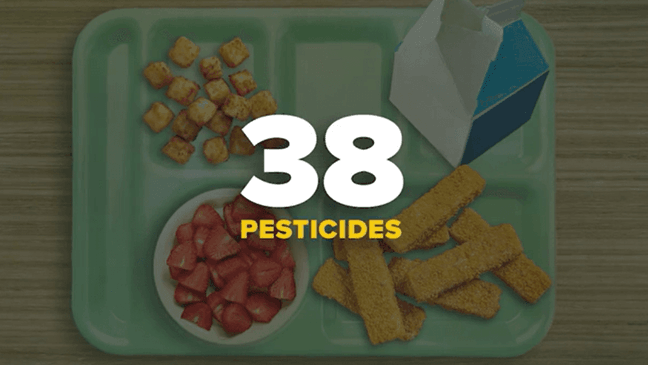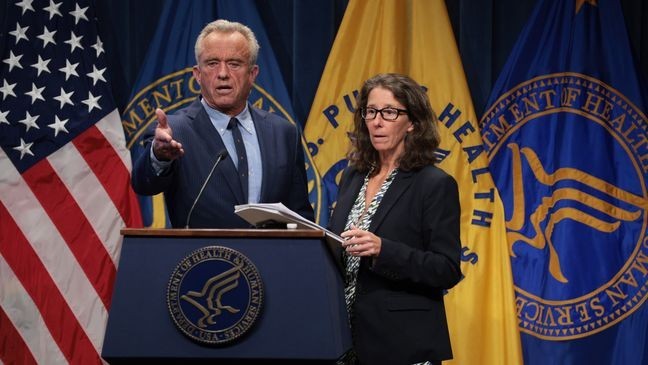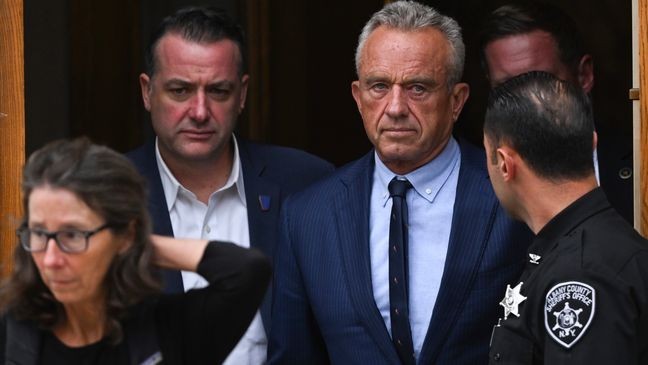RFK Jr.'s health report stirs debate over pesticide use and childhood disease crisis
WASHINGTON (7News) — The highly anticipated White House report on childhood diseases, titled "Make Our Children Healthy Again: Assessment," was released Thursday by the Make America Healthy Again (MAHA) Commission, chaired by Health and Human Services Secretary Robert F. Kennedy Jr.
The report, a key initiative promised by President Donald Trump, directly analyzes the impact of U.S. lifestyle, including diet, chemical exposures, and medications, on the alarming rise of chronic childhood diseases such as obesity, depression, autism, and ADHD.
The report's release has highlighted a "tug-of-war" between agricultural interests and some prominent Republican lawmakers on one side, and Secretary Kennedy and the MAHA movement on the other. A central point of contention has been the report's stance on agricultural chemicals.
While the report doesn't call for immediate regulatory bans, it does specifically mention glyphosate, stating that there is research "noting a range of possible health effects, ranging from reproductive and developmental disorders as well as cancers, liver inflammation and metabolic disturbances."
Environmental Protection Agency (EPA) Administrator Lee Zeldin, a MAHA Commission member, clarified that the report wouldn't lead to "European-style mandates," but rather encourage companies to comply with new "gold-standard science."
RELATED | RFK Jr. answers questions from Congress about mass layoffs, measles response
This nuanced approach reflects Sec. Kennedy's earlier assurances.
During a Senate hearing on Wednesday, he responded to concerns from Mississippi Republican Sen. Cindy Hyde-Smith, stating, "There’s not a single word in them that should worry the American farmer. We are not going to do anything to jeopardize that business model."
This was despite the World Health Organization having previously labeled glyphosate as a probable carcinogen for humans.
The MAHA report identifies four core drivers of the childhood chronic disease crisis:
- Poor Diet: With nearly 70% of American children's calories coming from ultra-processed foods, the report links this dietary shift to soaring rates of obesity and type 2 diabetes.
- Cumulative Load of Chemicals: Beyond glyphosate, the report broadly warns that pesticides, microplastics, and dioxins are commonly found in the blood and urine of American children, pregnant women and "virtually every breastmilk sample tested in America" —some at alarming levels. It stresses that evaluations must consider the "cumulative burdens" of multiple exposures.
- Lack of Physical Activity and Chronic Stress: The report highlights a significant decline in physical activity, increased screen time (nearly nine hours daily for teens), and rising levels of chronic stress, sleep deprivation, and mental health issues like depression and anxiety.
- Overmedicalization: The report raises concerns about the "growth of the childhood vaccine schedule" and the increasing prescription of medications, including antidepressants, ADHD stimulants, and antibiotics, questioning their long-term impact and calling for more safety data and non-pharmacological interventions.
This assessment is the first step in a process laid out by President Trump's executive order, which established the MAHA Commission in February shortly after Kennedy's swearing-in. The report will now be used over the next 80 to 100 days for the MAHA commission to fashion concrete policy recommendations to be implemented during the remainder of President Trump's term.
A large group of 360 MAHA supporters underscored the urgency of the issue in a letter to Kennedy on Wednesday, calling on the commission to "hold the chemical industry" accountable, noting that "evidence is piling up and the risks from pesticide exposure are undeniable."
Fungicide banned in many countries, was found in five of the 12 samples tested.
READ MORE | Robert F. Kennedy, Jr. will he make America healthy again?
Food activist Vani Hari, who was expected at the White House for the launch, characterized the report as "literally President Trump declaring war on the ultra-processed food and pesticide companies."
She specifically cited a 2022 CDC study finding glyphosate in the urine of 87% of tested children, primarily from food exposure.
These concerns resonate with our local investigations.
Last fall, the 7-News I-Team tested school lunches and found various contaminants, including glyphosate, heavy metals, and veterinary drugs. One of our elementary school lunch samples contained 38 different pesticides, including 23 in a single cup of strawberries, and Carbendazim, a fungicide banned in many countries, in five of 12 samples.
President Trump's proposed budget reflects this initiative, including a $500 million boost for Kennedy’s "Make America Healthy Again" initiative, aimed at addressing the "chronic disease epidemic" through nutrition, physical activity, and improvements in food and drug quality and safety. This funding comes alongside proposed deep cuts to other HHS programs, including infectious disease prevention, maternal health, and medical research.





